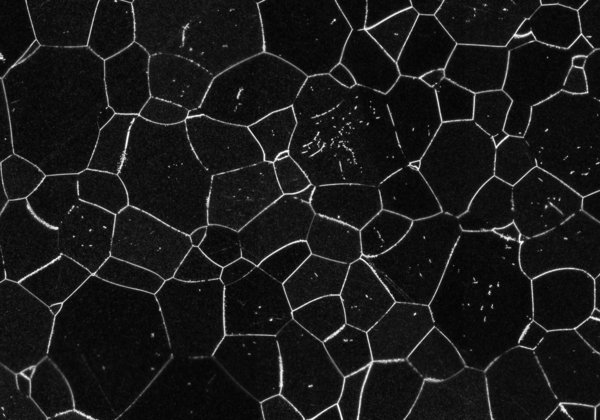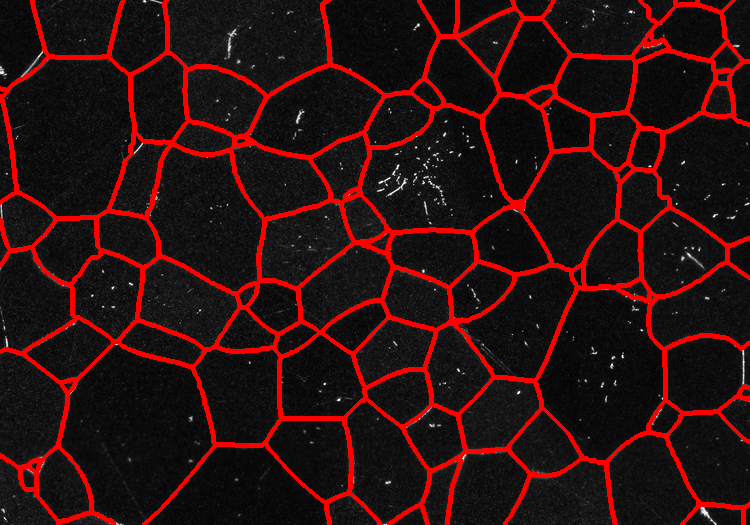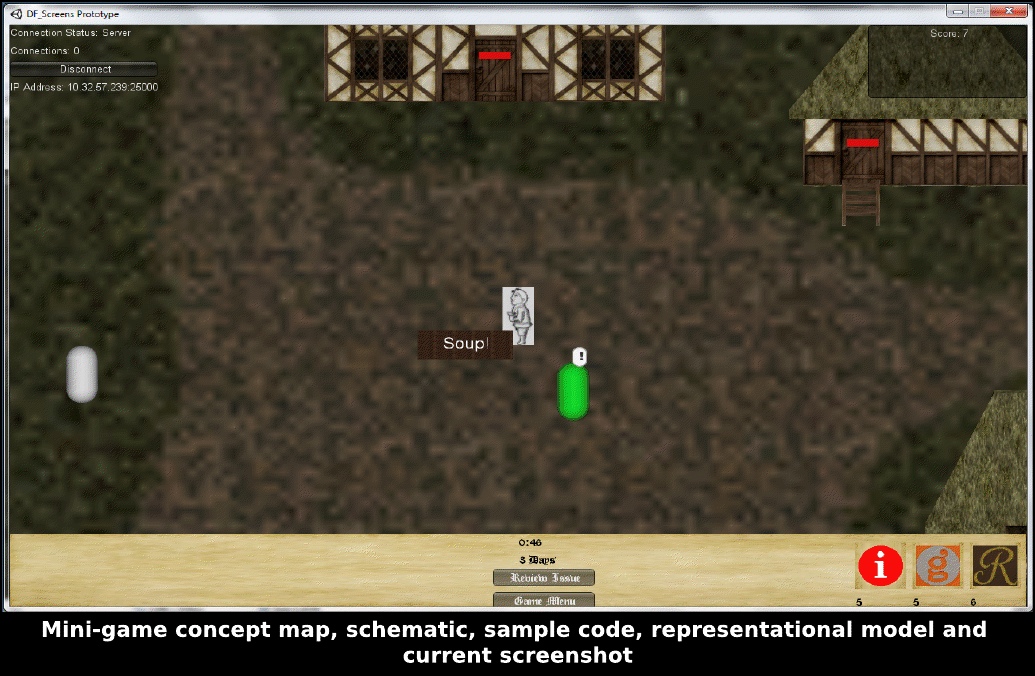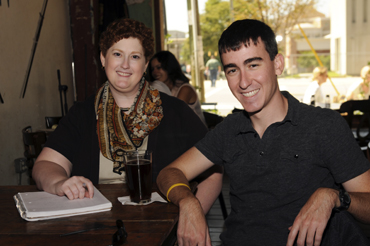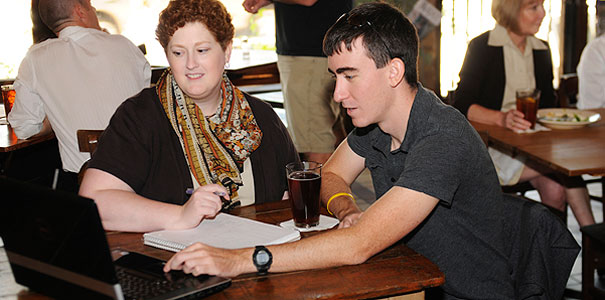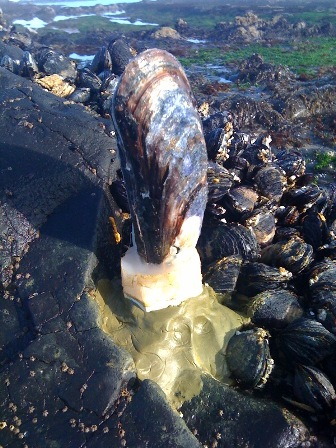Grier wins Goldwater Scholarship
We would like to congratulate Mr. Daniel Grier, a junior in Computer Science and Math, on winning the prestigious Goldwater Scholarship to graduate school! This marks the twentieth consecutive year that USC has had one or more Goldwater Scholars. A total of 41 Goldwater Scholarships have been won by USC students since 1990. William "Cole" Franks, Daniel Grier, and Gerry Koons have been named 2012 Barry M. Goldwater Scholars. The 282 Goldwater Scholars were selected on the basis of academic merit from a field of 1,123 mathematics, science, and engineering students, nominated by the faculties of colleges and universities nationwide. The one and two year scholarships will cover the cost of tuition, fees, books, and room and board up to a maximum of $7,500 per year. The Goldwater Scholarship is awarded nationally to sophomores and juniors pursuing bachelors’ degrees in natural sciences, mathematics, or engineering and intending to pursue a career in research and/or college-level teaching: virtually all the scholars intend to obtain a PhD in their respective fields. The University, as well as all other institutions of higher education, may only nominate four students for this award. Grier is a junior with a double major in Mathematics and Computer Science, and is a member of the South Carolina Honors College. A National Merit Scholar, he is the recipient of both the Lieber and Palmetto Scholarships, as well as the Wilson Scholarship, given by the department of Computer Science and Engineering for undergraduate research. Elected to Phi Beta Kappa as a junior, he is also the recipient of the Computer Research Association (CRA) Undergraduate Research Award. His current research includes work with Dr. Stephen Fenner in USC’s Computer Science and Engineering Department on two-player mathematical strategy games played over partially ordered sets. Grier is currently participating in the Budapest Semesters in Mathematics program in Hungary. He is a member of Pi Mu Epsilon Mathematics Honor society, a math tutor at Dreher High School, and plays on the International Men’s Soccer Club Team at USC. Grier plans to complete a PhD in Mathematics and conduct research in discrete mathematics while teaching at the university level. Also see the Daily Gamecock article.
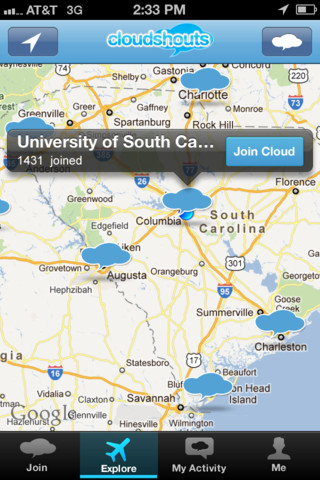

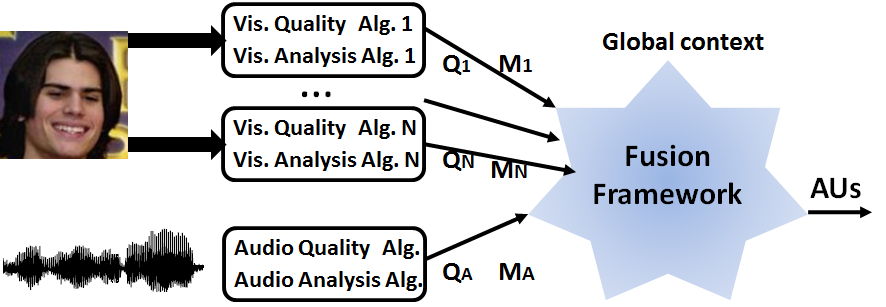
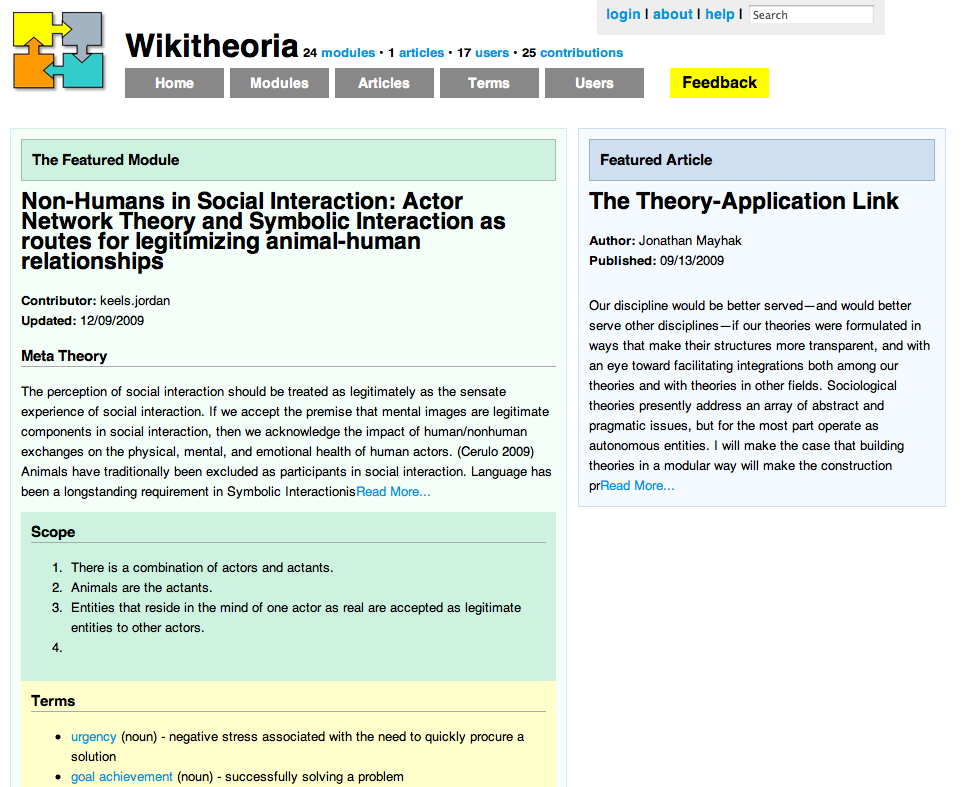
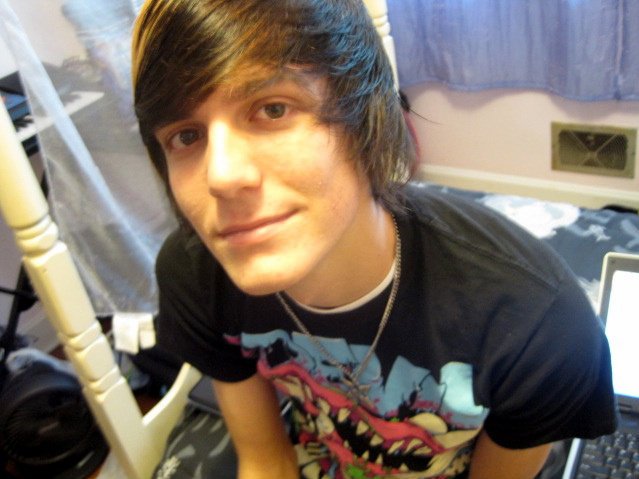 Third year Computer Science and Engineering student Jonathan Kilby was recently awarded one of 20 Bridging Scholarships for Study Abroad in Japan. The Bridging Scholarship is a national award that offers $2500 for a semester-long study program or $4000 for a full academic year, for undergraduate students. It is coordinated by the Association of Teachers of Japanese and funded by private foundations and major U.S. corporations.
Jonathan’s interest in Japanese culture and his work toward a Japanese minor influenced his decision to apply for the scholarship, and his strong application helped him beat out a large number of other applicants. Next spring, Jonathan will participate in the USC Global Exchange program to Kansai University in Osaka, Japan, where he will enhance his Japanese skills by taking language and culture classes. He hopes to intern with Sony at one of their Japanese facilities, paving the way for his ultimate goal, to one day live and work in Japan.
For more information about the Bridging Scholarship for Study Abroad in Japan, please visit
Third year Computer Science and Engineering student Jonathan Kilby was recently awarded one of 20 Bridging Scholarships for Study Abroad in Japan. The Bridging Scholarship is a national award that offers $2500 for a semester-long study program or $4000 for a full academic year, for undergraduate students. It is coordinated by the Association of Teachers of Japanese and funded by private foundations and major U.S. corporations.
Jonathan’s interest in Japanese culture and his work toward a Japanese minor influenced his decision to apply for the scholarship, and his strong application helped him beat out a large number of other applicants. Next spring, Jonathan will participate in the USC Global Exchange program to Kansai University in Osaka, Japan, where he will enhance his Japanese skills by taking language and culture classes. He hopes to intern with Sony at one of their Japanese facilities, paving the way for his ultimate goal, to one day live and work in Japan.
For more information about the Bridging Scholarship for Study Abroad in Japan, please visit 